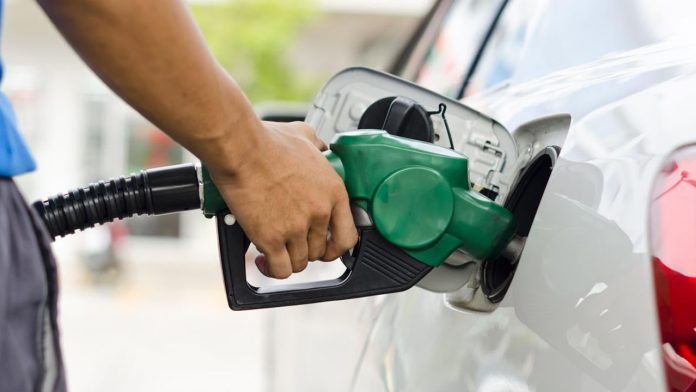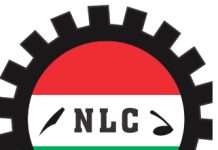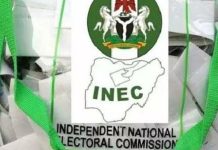The Nigeria Labour Congress (NLC) and various Civil Society Organizations (CSOs) are calling for a significant reduction in the price of petrol, asserting that the recent drop to N935 per litre is still unsatisfactory. This price adjustment follows an announcement from Dangote Petroleum Refinery in partnership with MRS Oil and Gas, which recently set the new price.
Prior to this reduction, petrol prices had surged above N1,030 per litre in Lagos and exceeded N1,060 in Abuja and northern states. The Independent Petroleum Marketers Association of Nigeria (IPMAN) confirmed the new price structure, which was set to take effect immediately.
Despite this decrease, NLC officials expressed disappointment, arguing that the current price does not reflect the true cost of petrol in Nigeria. Chris Onyeka, a senior NLC representative, criticized the government and the Nigerian National Petroleum Company (NNPC) for what he deemed an inadequate response to the economic pressures faced by citizens. He emphasized that the pricing mechanism is based on imported products, creating an unfair burden on Nigerians when local refining capacity exists.
Onyeka stated, “We cannot applaud a price of N935 per litre when we have the capacity to refine petrol locally. We need transparency regarding the actual cost of refining at facilities like the Port Harcourt refinery to determine a fair price for Nigerians.”
CSOs echoed similar sentiments. Debo Adeniran, chairman of the Centre for Accountability and Open Leadership, deemed the N935 price still too high, suggesting that the government and private sector could afford to offer petrol for free without incurring losses. He referenced the potential for prices to drop as low as N650, questioning the barriers preventing such reductions.
Ibrahim Rafsanjani, Executive Director of the Civil Society Legislative Advocacy Centre, acknowledged the recent price drop but urged further reductions. He pointed out the disparity between private and government pricing strategies, indicating that if a private entity can lower prices profitably, the government should be able to do the same for its citizens.
In response to the price changes, the NNPC announced a reduction in its retail outlets in the Federal Capital Territory, lowering the price to N965 per litre from N1,040. This decision has drawn mixed responses from motorists, with some expressing relief at the price drop while others lamented the long queues at stations.
However, many independent marketers have yet to adjust their prices, citing existing stock purchased at higher rates. Reports indicated that petrol prices remained between N1,030 and N1,070 at various stations across the country.
The recent collaboration between Dangote Industries and MRS to sell petrol at N935 per litre marks a significant development in the Nigerian fuel market. As discussions around fuel pricing continue, both the labour unions and civil society groups are pressing for further reductions to alleviate the economic burden on Nigerians.










